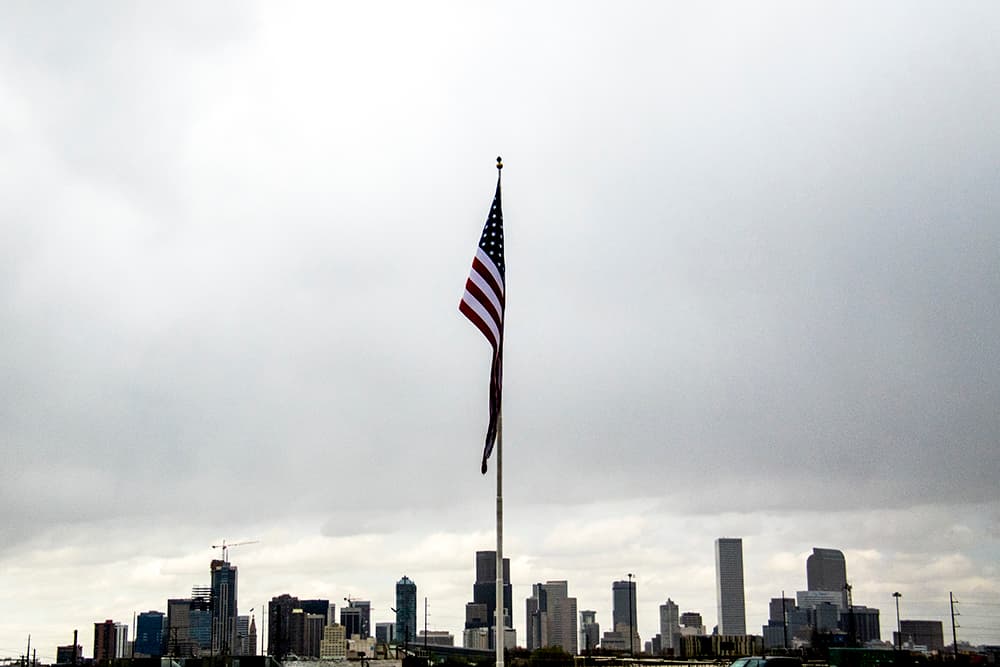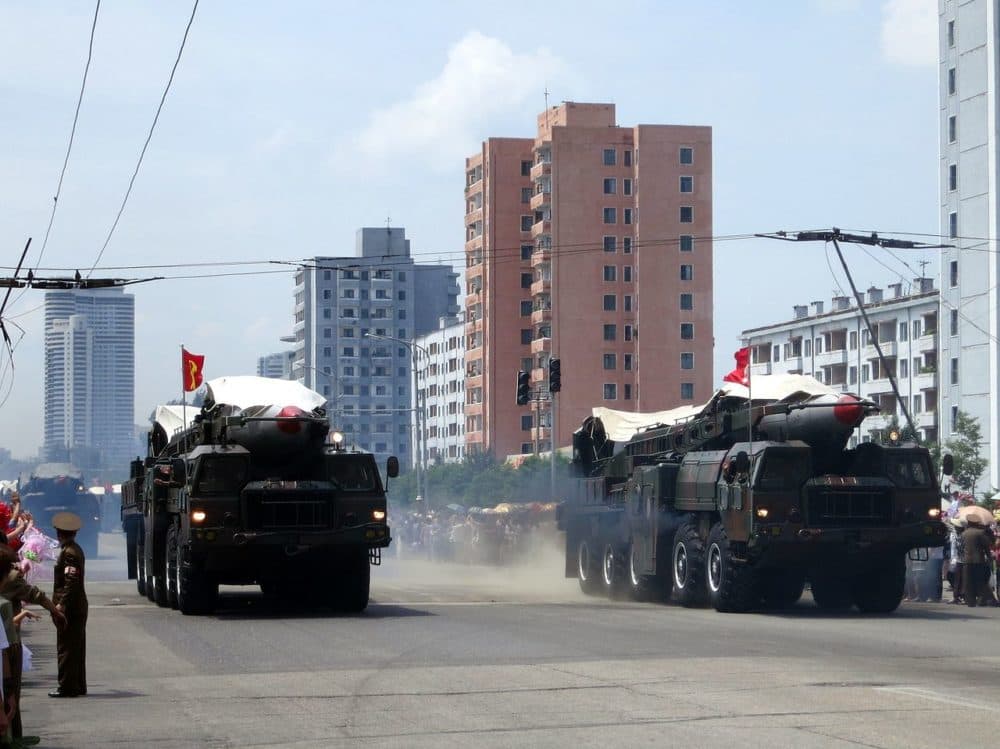
A prototype missile launched from North Korea on Friday "could easily reach the U.S. West Coast, and a number of major U.S. cities," including Denver, according to the Union of Concerned Scientists and other experts.
Friday's test signals North Korea is making fast progress. But there are still serious doubts about whether the country could accurately deliver a nuclear payload. The U.S. has tested countermeasures.
The missile tested Friday soared a reported 2,300 miles into the air and crashed into the Sea of Japan some 45 minutes later, according to Japan officials.
That high flight path purposefully limited its range, but it shows that the missile could have flown roughly 7,000 miles, putting Denver and many other U.S. cities in range, according to the nonprofit's research.
If it's correct, that estimate represents a significant expansion of North Korea's test missile program's range. North Korea previously included Colorado Springs alongside Los Angeles and Honolulu on a target list in a propaganda video in 2013. The missile tested Friday could arc as far as New York, according to early projections.
North Korea has threatened a nuclear attack on "the heart of the U.S.," if any attempt is made to remove Kim Jong Un, the country's leader. However, it's not clear whether the country has built nuclear warheads small enough that such a missile could be used in a nuclear strike on the U.S. mainland.
The country has shown off a purported "miniature" warhead that it claims could fit on its long-range missiles and deliver a blast as large as the U.S. nuclear attacks on Japan during World War II did, the New York Times reported. There also are questions of whether the missiles can be fired accurately and whether the payload could survive re-entry to the atmosphere.
The U.S. has been testing its anti-missile interceptor systems in response to North Korea's rapidly advancing ballistics and nuclear tech.
Colorado was historically considered a potential target of nuclear attack because the West is scattered with nuclear missile silos and other military facilities. A blast from a full-power modern weapon over Denver could kill 60,000 people within hours, according to the Union of Concerned Scientists, but North Korea's capability is believed to be far less powerful.











